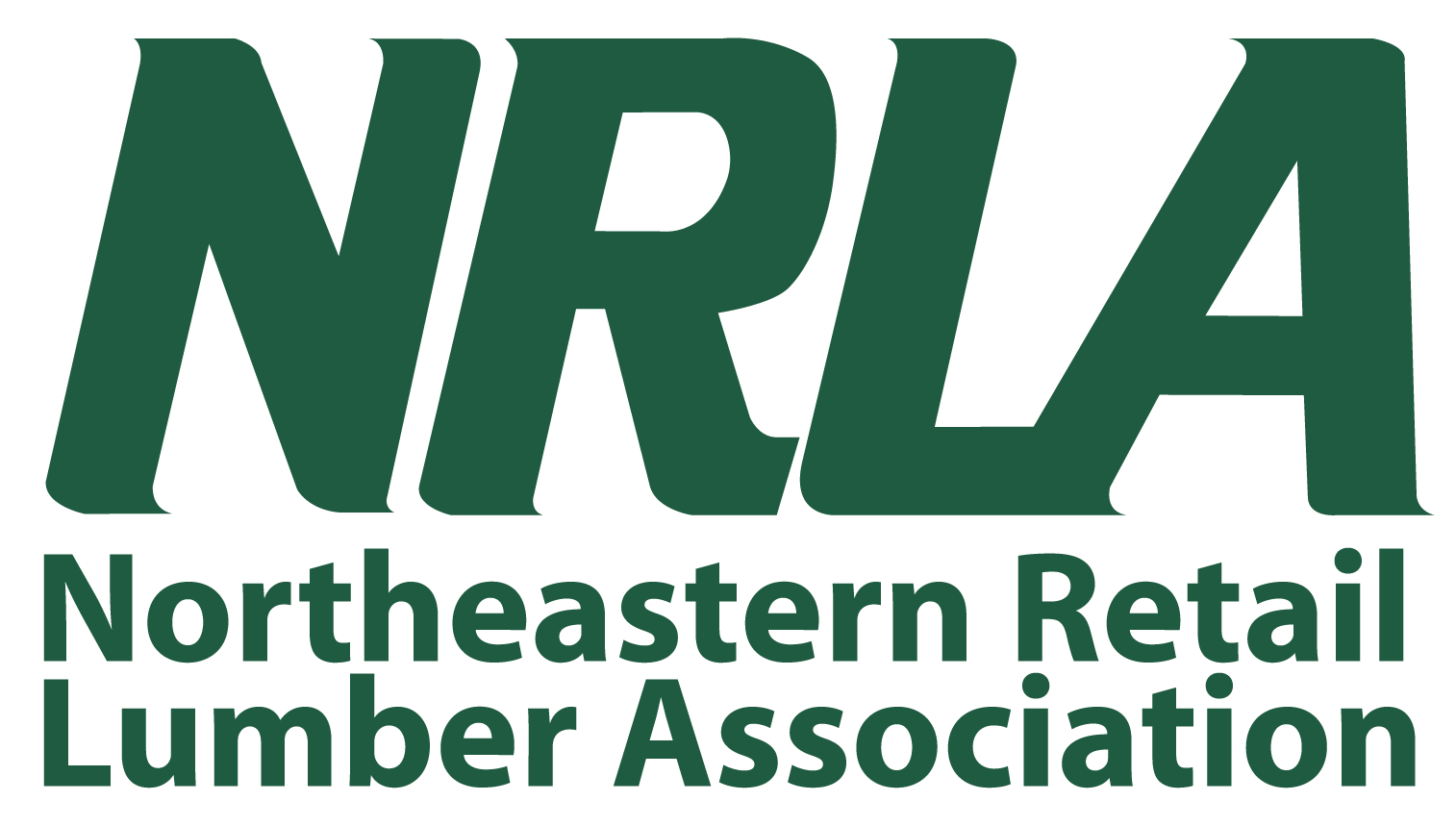The Second Regular Session of the 131st Maine State Legislature adjourned at 6:00 a.m. on April 18th. Since there was no super majority vote to extend the session beyond the statutory adjournment of the “3rd Wednesday in April”, as required by Title 3 Section 2, the Legislature is limited to returning for one additional day to consider vetoes from the Governor.
However, the adjournment order passed in both Houses includes the clause, “when there is a need to conduct business or consider objections of the Governor”. This language does not comport with the statutory limitation for “Veto Days” and will likely be the subject of debate, and possibly legal challenge.
On the morning of April 17th, the Speaker issued a joint order, which we have attached, carrying over all bills not acted upon prior to adjournment sine die, to a possible Special Session. Special Sessions can either be called by the Governor (highly unlikely given her letter on April 16th) or under Article IV, Part Third, Section 1, which would require the consent, by poll, of the majority of members of each political party in the Legislature (also highly unlikely).
Three bills of interest have been vetoed by the Governor. First, LD 1231: An Act to Bring Fairness in Income Taxes to Maine Families by Adjusting the Tax Brackets was intended to reduce the tax burden for lower-income individuals by offsetting that reduction by raising taxes on higher-income individuals. This bill was vetoed by the Governor, due to legislative language being unavailable at the time of the public hearing, depriving the public of a “meaningful opportunity to be heard”, and for failing to “deliver meaningful tax relief”.
Second, LD 2246: An Act to Establish a Minimum Value Threshold for the Class C Crime of Theft by a Repeat Offender would allow for a repeat offender’s third, or subsequent theft, to be charged as a felony only if the value of the theft is $500 or more. The Governor argued that LD 2246 would make Maine an outlier among New England States and “do nothing to help”.
Lastly, LD 1496: An Act to Prohibit Noncompete Clauses would have limited the use of contract clauses that prohibit a former employee from competing with a previous employer. The Governor argued that there was no evidence showing that LD 733: An Act to Promote Keeping Workers in Maine, a bill enacted in 2019 that works to limit the use of non-compete agreements in Maine, is inadequate. By rendering most noncompete agreements unenforceable, LD 1496 goes well beyond LD 733: “It would be both unfair and contrary to public policy to prohibit employers from requiring a commitment from their employees not to take what they have learned and immediately put that sensitive information to work for a competitor”.
Other Vetoed Bills:
- LD 2086: An Act to Amend the Law Governing Disposition of Forfeited Firearms
- L.D. 373: An Act to Ensure Employer and Employee Harmony in Clean Energy Development Projects
- L.D. 2273: An Act to Establish a State Minimum Hourly Wage for Agricultural Workers
- L.D. 525: An Act to Enact the Agricultural Employees Concerted Activity Protection Act
- L.D. 2135: Resolve, Regarding the Operation and Future Capacity of State-owned Landfills


